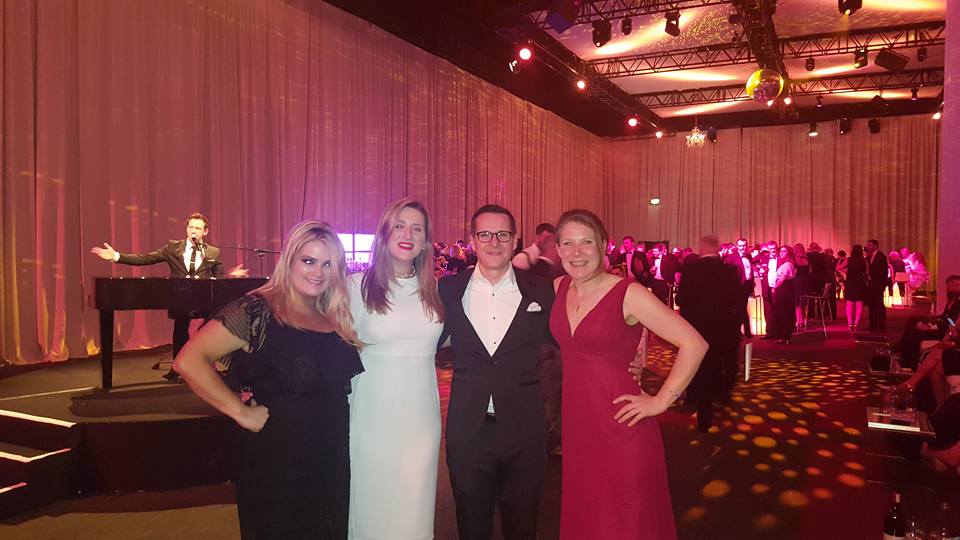The Deloitte Best Managed Companies Awards Programme, in association with Barclays Bank Ireland, recognises indigenous Irish companies across Ireland which are operating at the highest levels of business performance. To celebrate winning the fantastic accolade for the second consecutive year members of Sigmar staff attended a gala dinner where they were joined by over 900 people from the Irish business community.
Commenting on the award, Robert Mac Giolla Phádraig, CCO of Sigmar, said, “We are delighted to receive these prestigious awards as it reflects our shared commitment to enhanced experience.’’
It is a great achievement to be one of these companies which have altogether generated a combined turnover of almost €11bn; employ over 60,000 people; and which have had an average growth in sales of 44% over the last three years. All companies acknowledged in these awards no doubt make invaluable contributions to the Irish economy.
As initial application to the Deloitte awards takes a long process of evaluation this makes the Best Managed companies’ award even more rewarding and it is a valuable marketing tool for Sigmar recruitment to showcase the company’s achievements and capabilities. This initial application process takes into consideration the complete performance of the business, looking beyond the finances at criteria such as operational excellence, strategy and human resource processes. The award and its qualification process has helped to give us clear objectives and goals and has ensured that frugal management has been a continuous focus for Sigmar Recruitment.
Adrian McGennis, CEO of Sigmar Recruitment, commented, “We are delighted to be recognised as a Deloitte Best Managed Company which reflects the breadth and depth of leadership, innovation and capability across the entire organisation. We are proud, and humbled, to lead on multiple fronts.”



